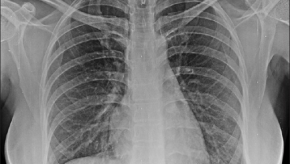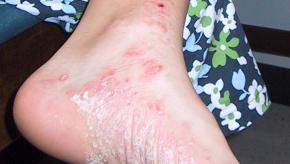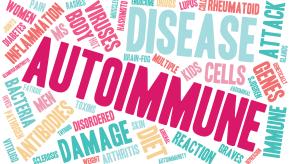All News
HLA-B27 Testing in Practice
Analysis of testing for human leukocyte antigen B27 (HLA-B27) in a teaching center shows HLA-B27 testing was frequently performed by rheumatologists and nonrheumatologists for a broad spectrum of indications and primarily as a screening test.
Psoriatic Arthritis at Risk for Interstitial Lung Disease
A TriNetX EHR study shows that psoriatic arthritis, but not psoriasis, patients are at increased risk for interstitial lung disease (ILD).
Read ArticleShould You Add MTX to a TNF Inhibitor in Psoriasis?
Target emulation trial shows adding methotrexate (MTX) to adalimumab (ADA) does not augment the effectiveness and persistence of adalimumab alone in treating plaque psoriasis in adults.
Read ArticleAutoimmunity Rising in Expectant Mothers
Lancet Rheumatology has published a UK study showing a significant increased in the number of expectant mothers beginning their pregnancies with autoimmune conditions.
Read Article
Dr. John Cush RheumNow ( View Tweet)

Dr. John Cush RheumNow ( View Tweet)
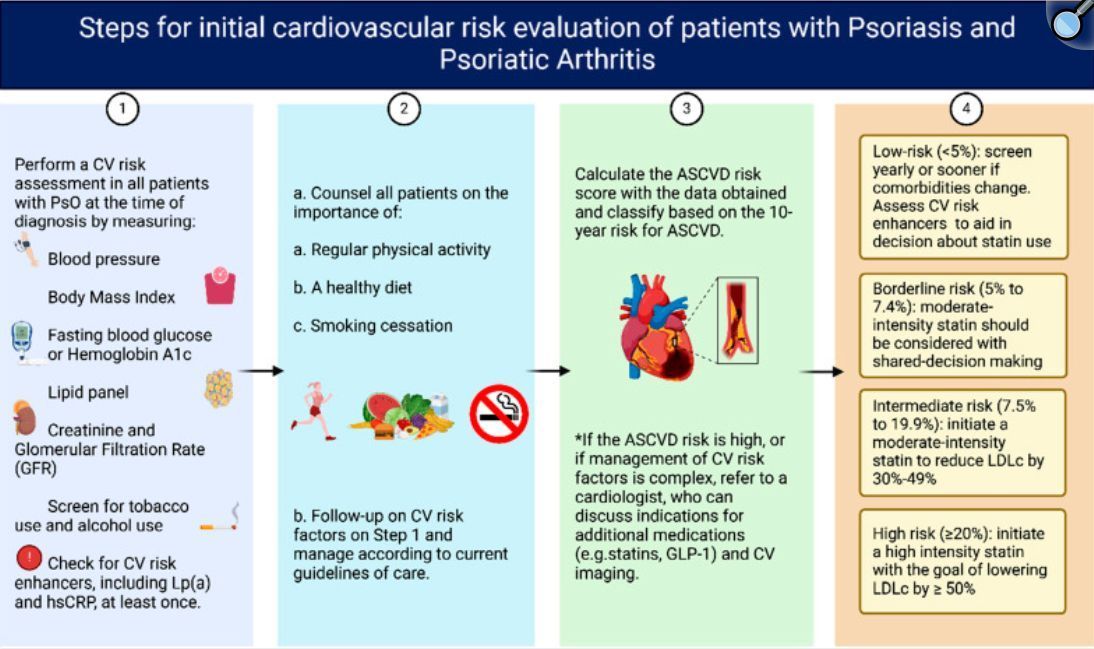

Links:
Dr. John Cush RheumNow ( View Tweet)
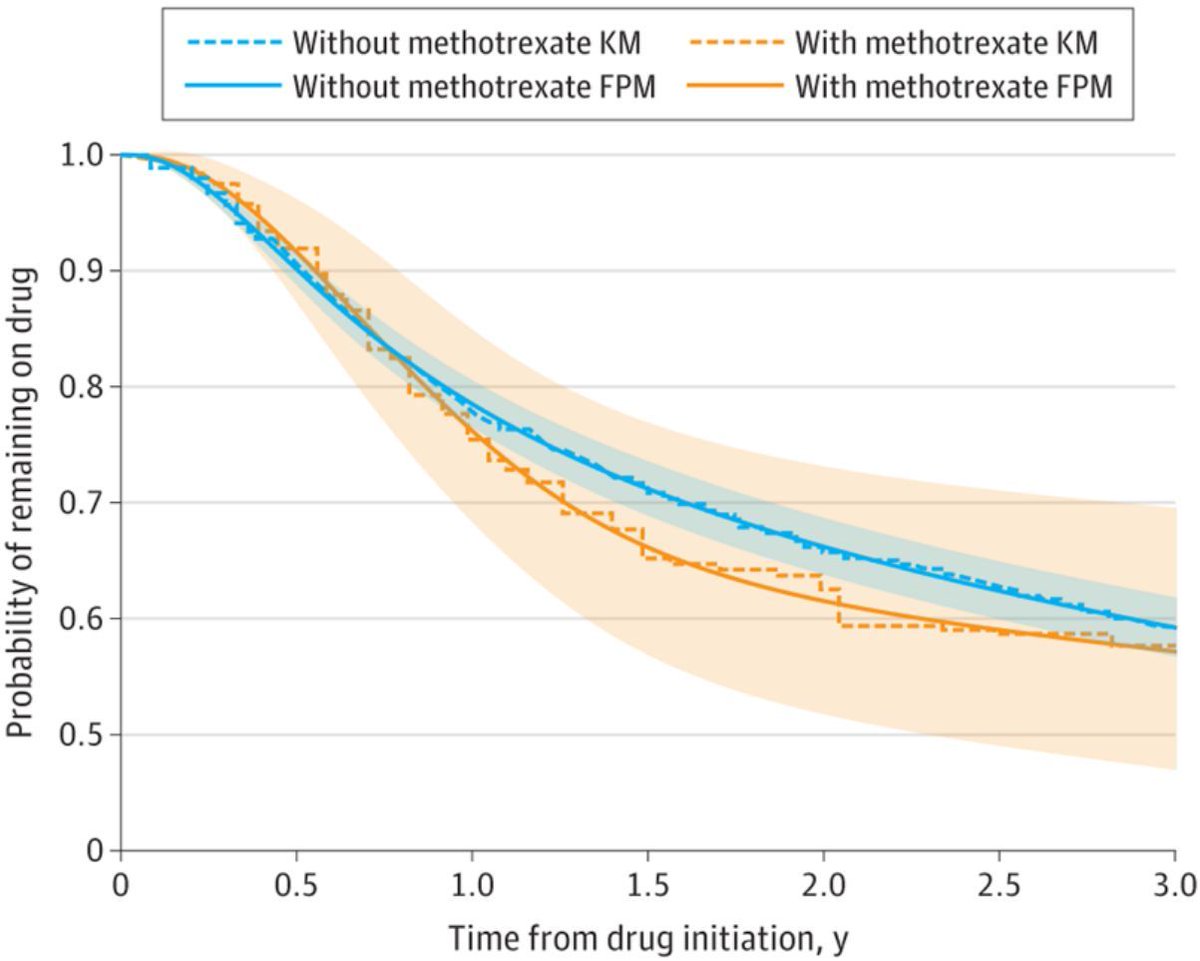
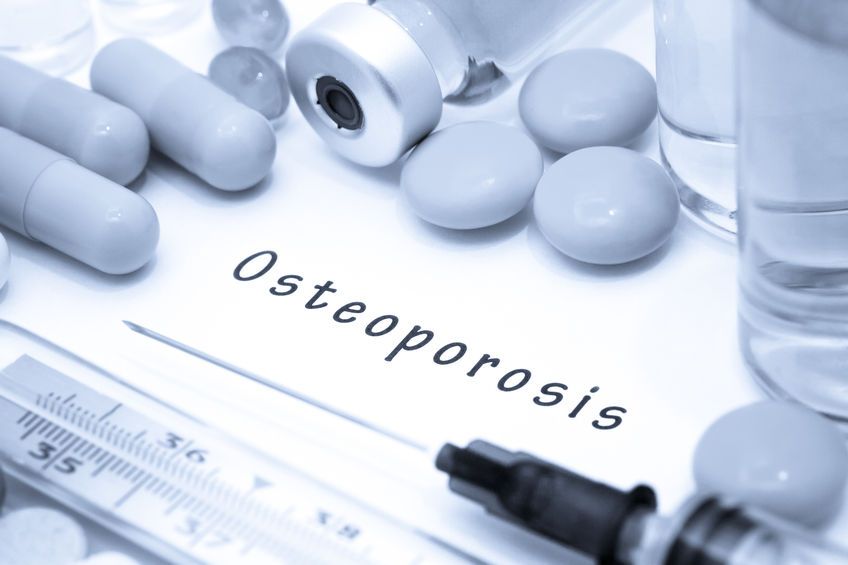
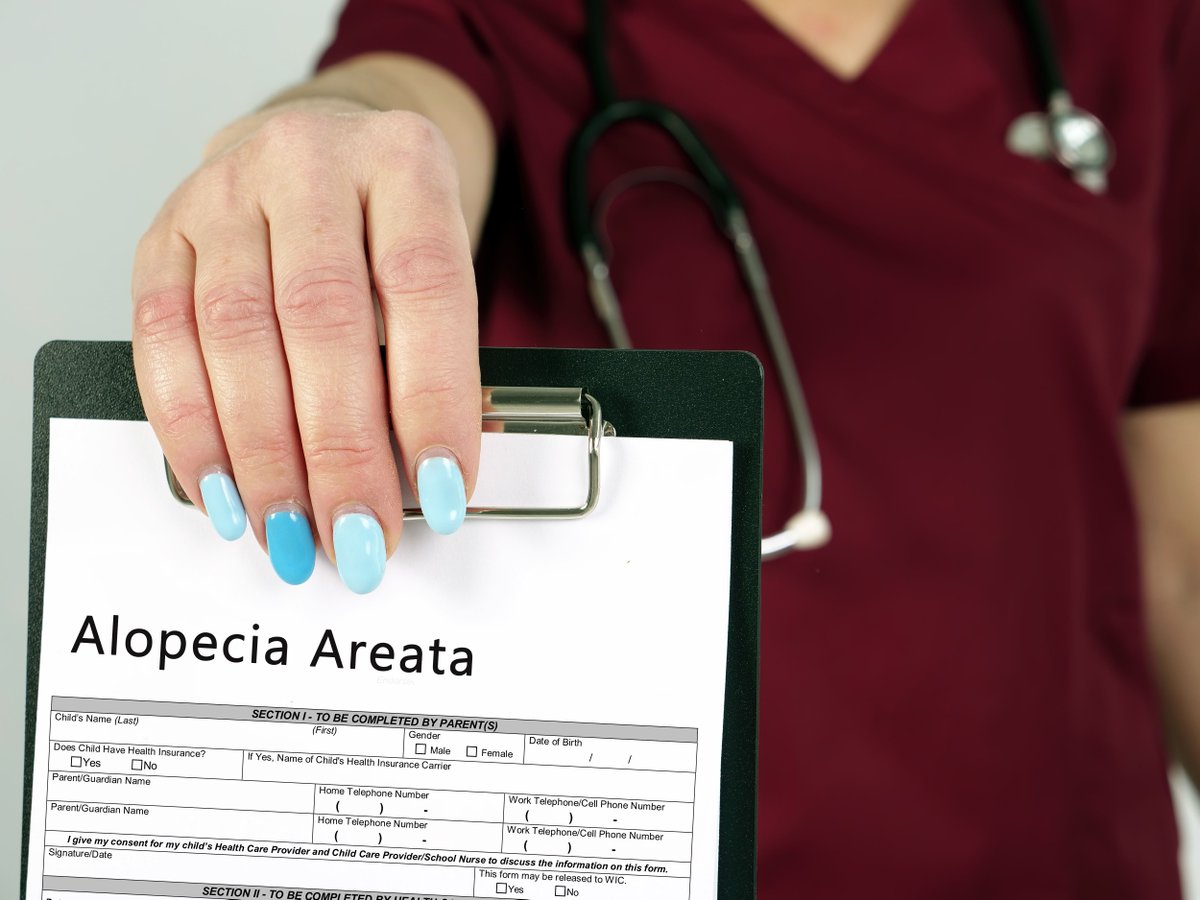

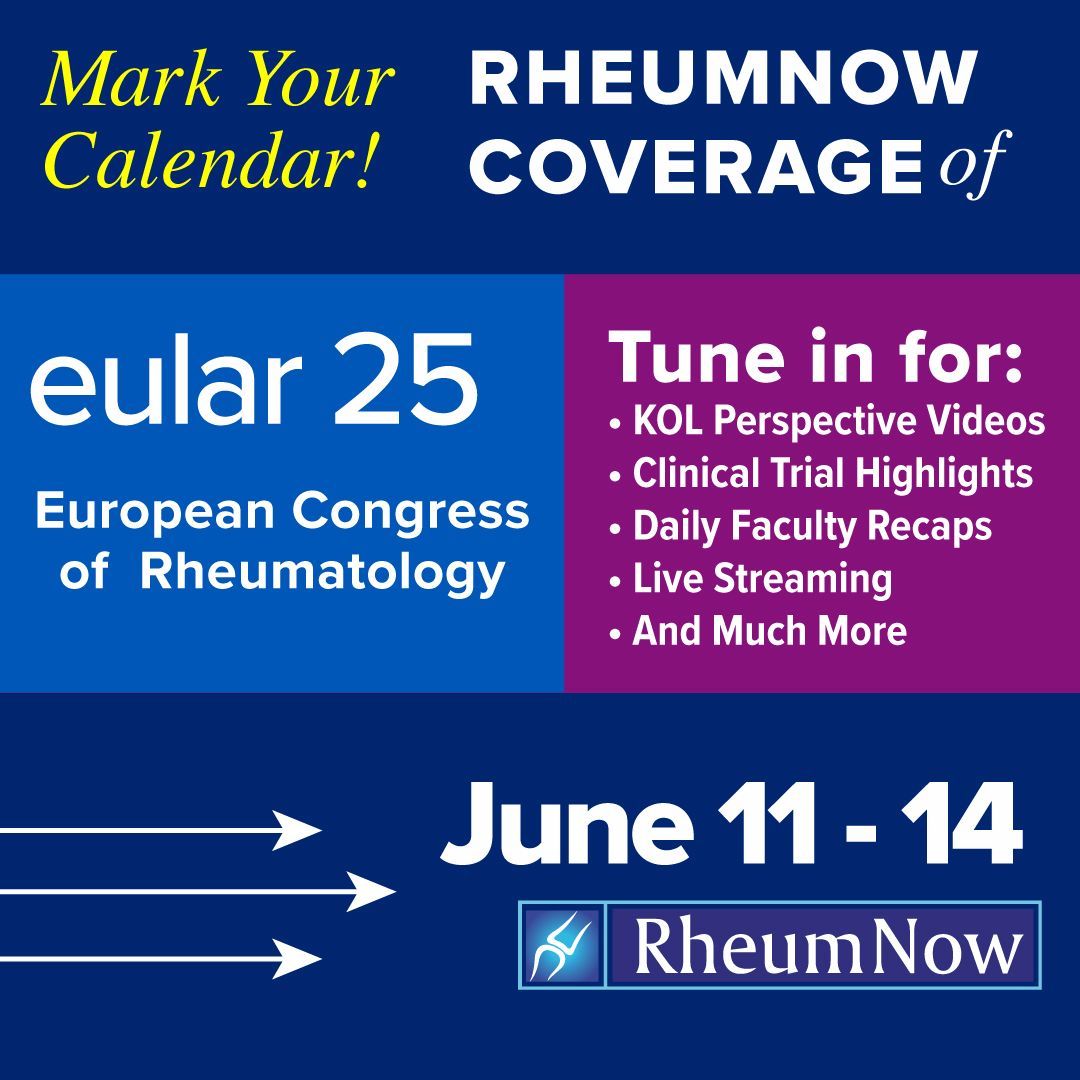
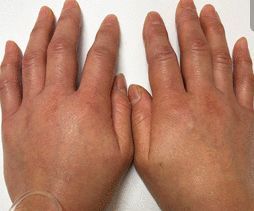
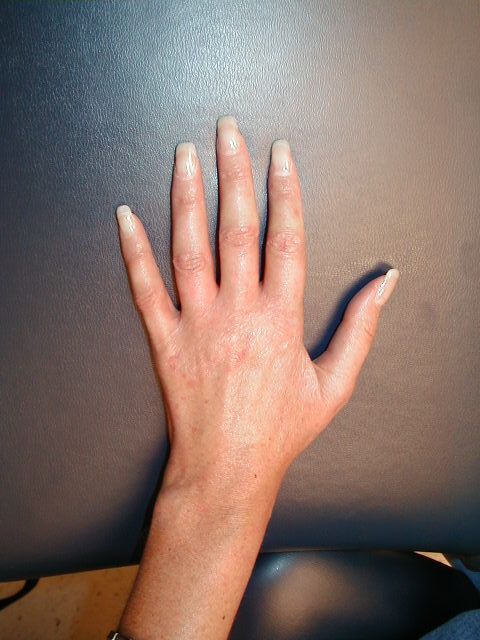
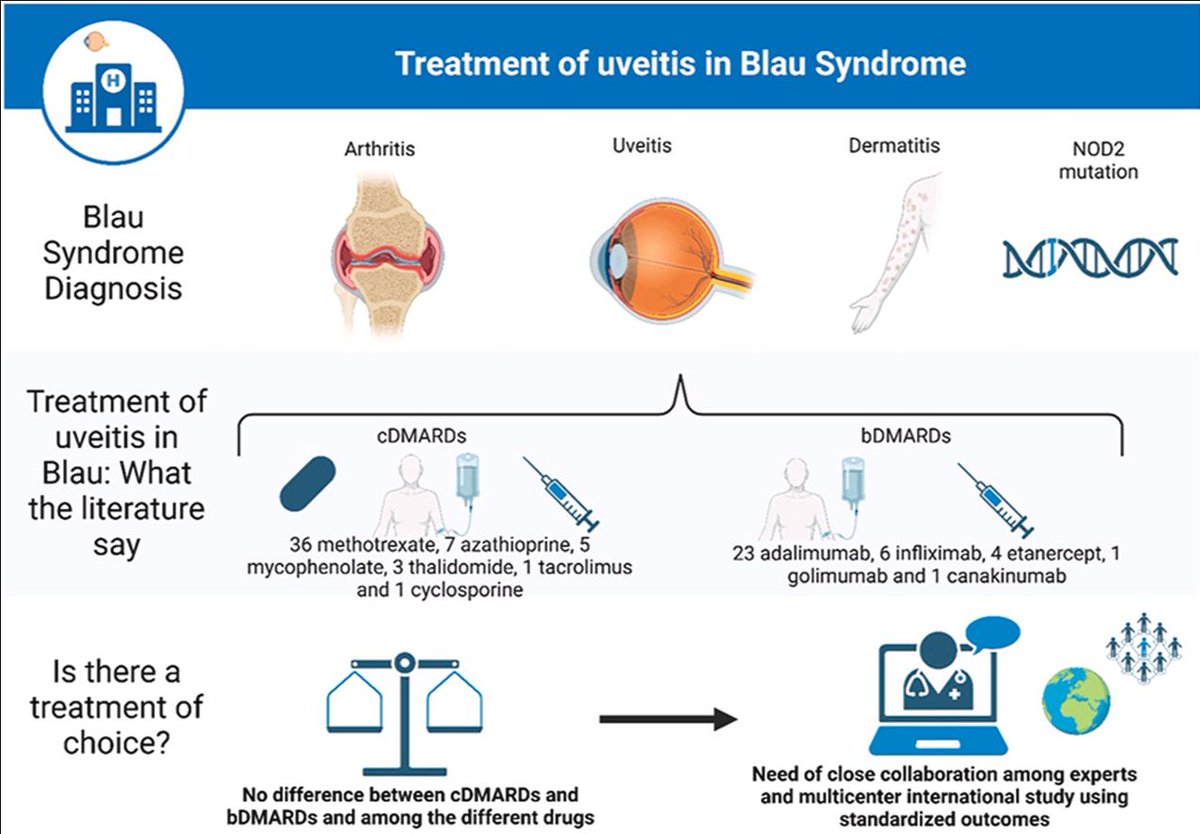



Dr. John Cush RheumNow ( View Tweet)

Dr. John Cush RheumNow ( View Tweet)



